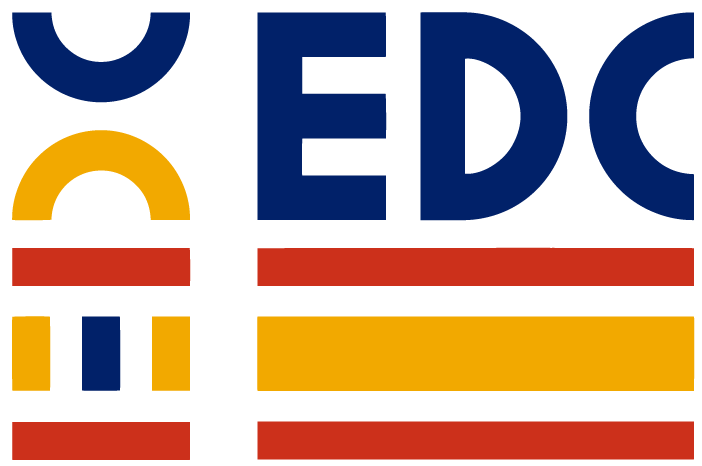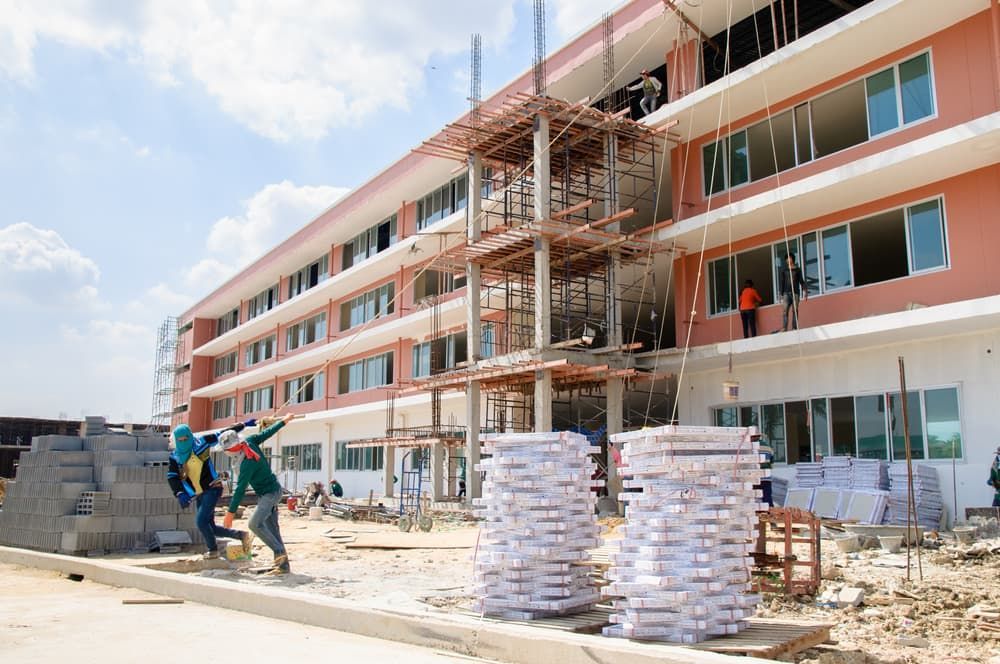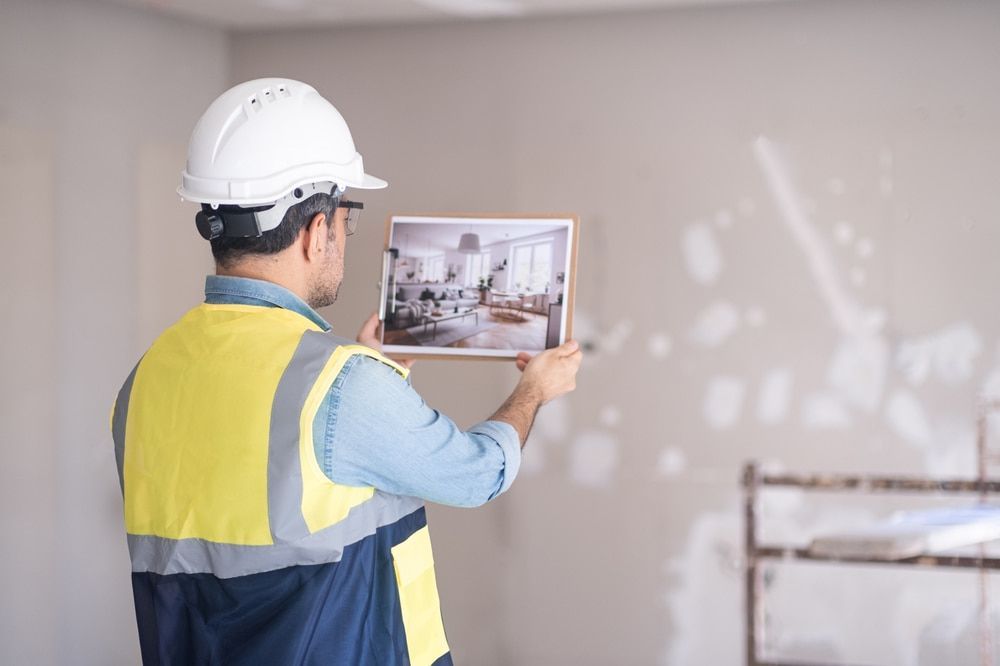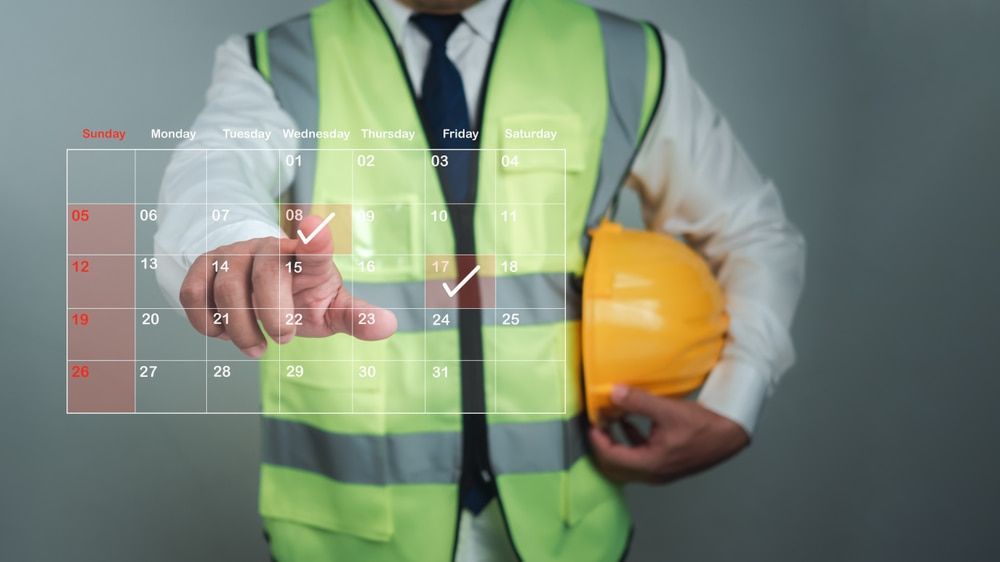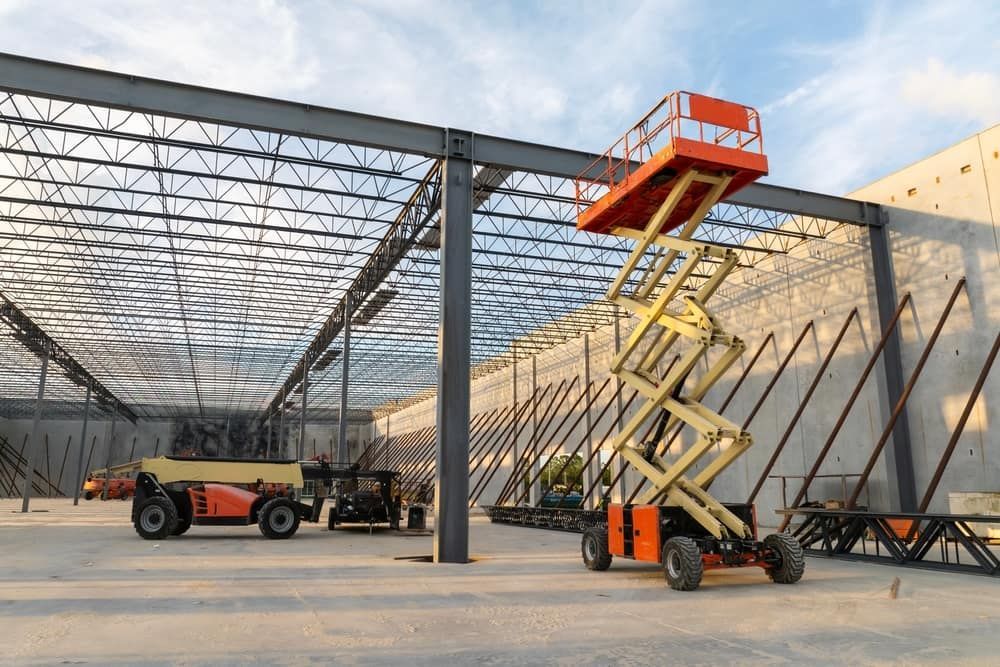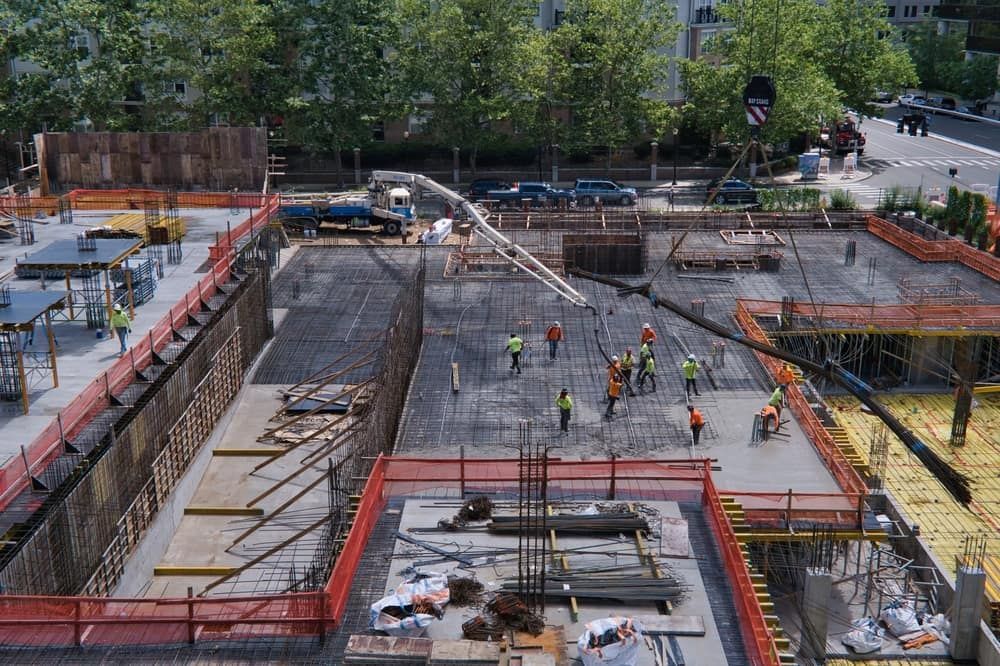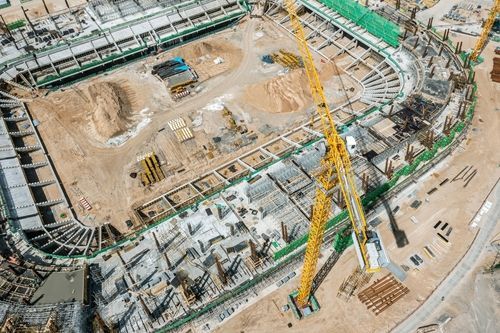What Makes a Successful Construction Project?
Getting a construction project across the finish line involves delivering a building that meets performance goals, satisfies stakeholders, and stands the test of time. Yet many projects still miss deadlines, overshoot budgets, or fall short of expectations. While time, cost, and quality remain the usual measures of success, the best projects also emphasize strong collaboration and client satisfaction.
We’re ready to discuss what true success in construction looks like, including both measurable and less tangible factors. We will also outline how the right project approach helps you achieve quantifiable performance and long-term value.
Defining Success in Construction
For owners and developers, success comes from confidence that each stage of the project contributes to a durable, high-performing result.
When defining success in construction, there are clear, measurable factors and less tangible, non-measurable factors.
Measurable factors are concrete metrics that can be tracked, monitored, and benchmarked. They often form the backbone of project reporting and control.
Some of the key measurable factors to look out for include:
- Time: Time in this context refers to the duration allotted to executing a construction project, from design through procurement to construction and handover. For clients, on-time delivery means faster occupancy, quicker return on investment, and fewer disruptions. On the other hand, delays can increase costs and force compromises in quality or scope.
- Quality: Quality refers to how well the construction meets the specifications, durability, safety, performance, aesthetics, and the stakeholders’ expectations. In construction, quality often means using appropriate materials, skilled artistry, adequate testing, finishing standards, and compliance with codes/regulations.
- Cost: Successful projects keep budgets front and center throughout. For owners, effective cost management brings predictability and helps prevent unexpected expenses or overruns.
Some of the non-measurable factors to consider include:
- Stakeholder satisfaction: Even if a project stays within budget and on schedule, it’s only truly successful when the owner and end users are satisfied with the outcome. Clear communication, regular updates, and transparent decision-making help build that trust.
- Collaboration, leadership, and culture: Another marker of success is when all parties are aligned, teams communicate effectively, and leadership openly navigates trade-offs. For clients, this alignment means fewer surprises, faster resolutions, and a smoother project experience.
Construction Management Best Practices Every Successful Project Needs
For clients looking to achieve a strong construction project outcome, partnering with a construction team that follows proven best practices is crucial.
Set Clear Project Scope and Objectives
Set a clear, written scope and objectives for the project early on. This process brings owners, designers, and builders together to align on vision, budget, and priorities.
A project scope should include a detailed schedule, interim milestones, and a budget that’s sufficient to complete the project. Without realistic expectations, the project is at risk of sliding off track. Additionally, ensure that you include every detail in your agreement in writing. A fully documented scope gives you a solid baseline. It showcases that your budget is accurate, your schedules are realistic, and that there is no scope creep.
Anticipate and Mitigate Delays
Every construction project runs into surprises. Some common examples include unexpected weather events such as heavy rain, high winds, or sudden heat waves. There’s also the possibility of delayed deliveries, permit and paperwork bottlenecks, or last-minute client changes.
A reliable construction partner will proactively identify potential delays, communicate risks early, and provide mitigation plans that protect your investment and schedule.
Plan Each Phase of Your Project
Getting your documentation right is one of the biggest keys to construction success. That means everything from architectural drawings to structural layouts to plumbing and electrical plans. Owners benefit from a contractor who provides detailed phase planning, showcasing that each trade knows when and how their work fits into the larger picture.
Streamline Your Communication Channel
Keeping a construction project on track means ensuring everyone understands what’s happening. With multiple teams working under different supervisors on different parts of a site, even vague instructions or missed details can cause delays or balloon costs.
For clients, clear communication translates into visibility. A contractor who shares updates regularly, explains challenges honestly, and maintains open channels for feedback fosters confidence throughout the project.
Ready to Build Your Next Successful Project with EDC?
A successful construction project goes beyond smashing deadlines and ticking off deliverables boxes. It demonstrates quality, collaboration, and lasting value.
What sets EDC apart is decades of experience in design-build, general contracting, construction management, and development. We bring structure, precision, and accountability to every phase of your project.
Whether you are looking to build a new corporate office building or a grocery store,
contact us today to learn more about how EDC can help transform and elevate your next big project.
